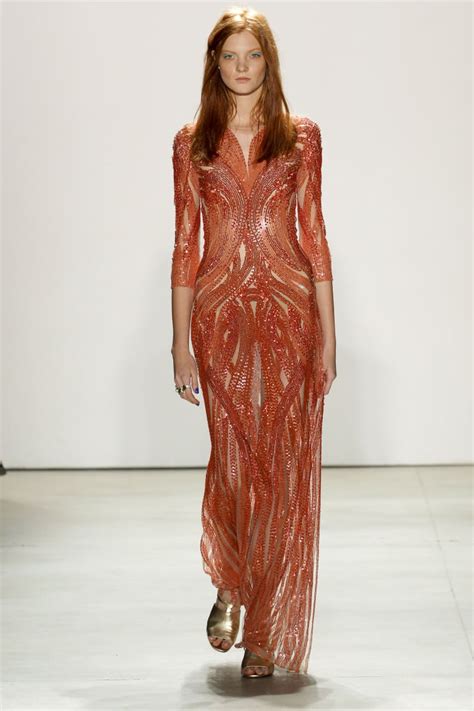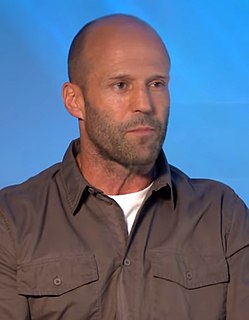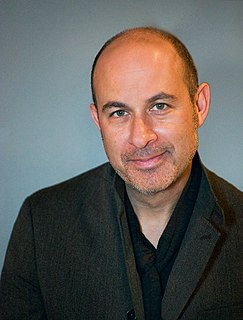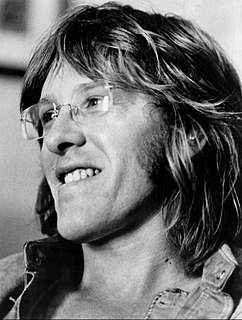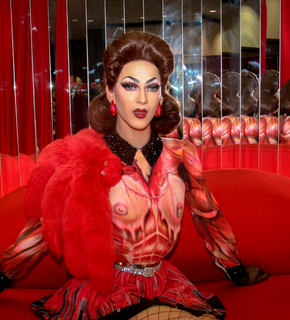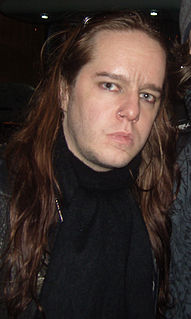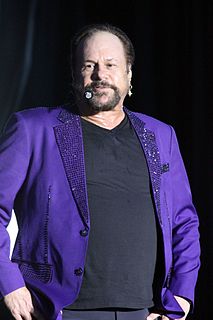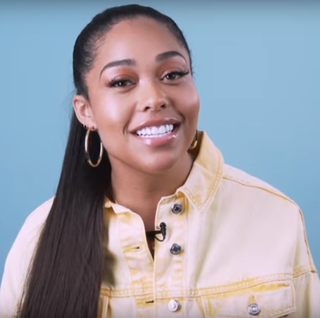A Quote by Jenny Packham
I play with those two eras a lot. The '70s did actually take quite a lot inspiration from the '30s. I love the '70s, the bold color. There's something very sophisticated about it now, looking back.
Related Quotes
When I was a kid, a lot of my parents' friends were in the music business. In the late '60s and early '70s - all the way through the '70s, actually - a lot of the bands that were around had kids at a very young age. So they were all working on that concept way early on. And I figured if they can do it, I could do it, too.
Some people grew up in the '70s, powerful, beautiful memories of the '70s which to me is one of the worst decades. It has something to do with that. Has something to with the birth of rock 'n' roll, and something to do with those American cars. an incredible design. There was so much optimism at that time and it must leak into the process.
